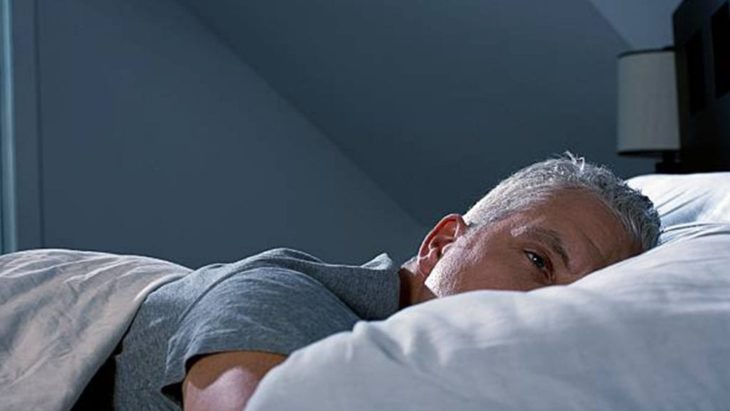Sleep is such an essential part of life. Not getting enough makes us feel sluggish and impairs our concentration. If we continue to not get enough over time it can cause us to develop health problems or lead to obesity thanks to hormonal imbalances. If you are having problems, you really need to get to grips with it as soon as possible. Have a read through our 7 tips to get better quality sleep and see if you can improve your rest.

Source: medicalnewstoday.com
Contents
1. Prioritize sleep
If you have been having problems getting enough rest you will need to prioritise sleep for a while. Over time, as we don’t get the rest we need each evening we accrue a sleep debt. We need to pay this off to really help the body recover.
2. Pay attention to your nutrition
It is important to eat well in order to aid your rest overnight. Much of this is about choosing when you eat in relation to your bedtime. The goal is to not be full when you try to go to bed because this is often uncomfortable but you do want to eat foods that will sustain you through the night.
3. Create the right sleep environment
You want to get to the stage where going to bed signifies to your brain that it is time to sleep. This means that you need to create the right atmosphere. Your bedroom needs to be relaxing. Get rid of clutter or anything that might disturb your mind as you try to nod off. You might also want to consider your mattress. You need to make sure it’s comfortable and your mattress dimensions correct, check out Helix Sleep’s page for guidance. This is important when it comes to helping you get a good night’s rest.

Source: matthewsmattress.com
4. Have a bedtime routine
Routine is important when it comes to teaching your brain to switch off at night. Try and create a routine that is relaxing and helps you clear your mind. Do the same each night so that your body begins to grow accustomed to what is expected of it. For more tips on how to relax take a look at our post about how to help yourself get a good nights sleep.
5. Avoid electronic devices in bed
The bright lights and the information that floods our brains when we use our electronic devices in bed can help prevent us from falling asleep. Avoid them at all costs if you really want to feel fully rested by morning.

Credit: WebMD
6. Exercise (but not before bed)
Exercise is really important when it comes to sleep because it helps ensure that the body is tired enough to get the rest we need. It can be part of developing that healthy sleep cycle. Avoid it before bed, however, because endorphins are released during activity that could keep you awake.
7. Sleep in cooler temperatures
Our body prefers cooler environments when it comes to falling and staying asleep. It can warm itself up if it needs to but struggles to cool down if necessary. Keep the thermostat turned down and it might just help you sleep through the night.
